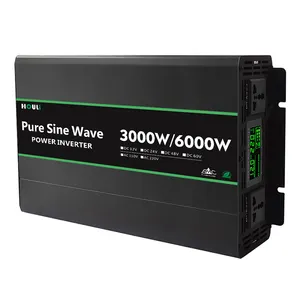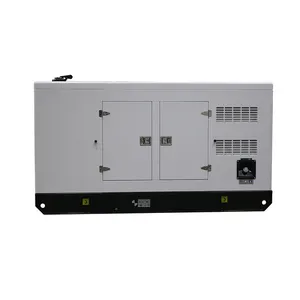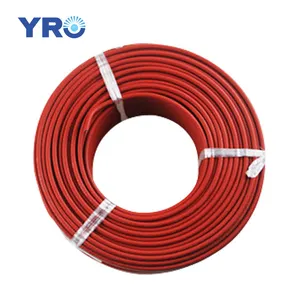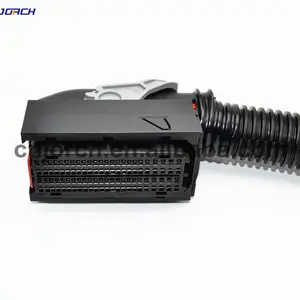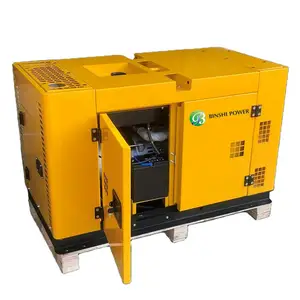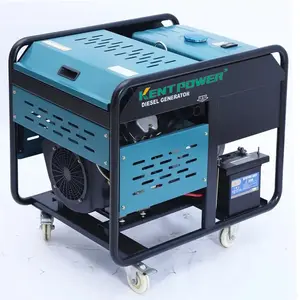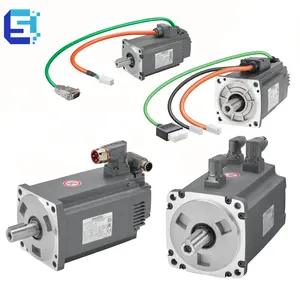Popular in your industry
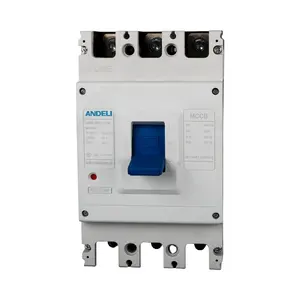





























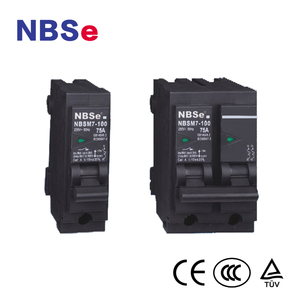

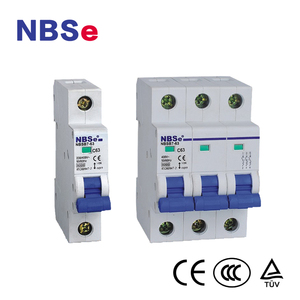






















































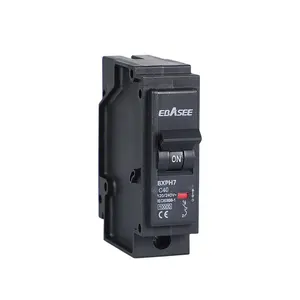

















































































Top categories
About gfci breaker
Understanding GFCI Breakers
Ground Fault Circuit Interrupter (GFCI) breakers are essential components in modern electrical systems, designed to protect against electric shock and reduce the risk of fire by interrupting power when a fault is detected. These safety devices are a specialized type of circuit breaker that can be identified by their test and reset buttons.
Types and Applications
GFCI breakers come in various types, including the standard GFCI circuit breaker used in residential and commercial buildings, and the GFCI receptacle, which combines protection with functionality. They are commonly installed in areas where electricity and water may come into contact, such as bathrooms, kitchens, and outdoor spaces like outdoor outlet GFCI setups.
Features and Materials
These devices are characterized by their quick response to ground faults, often within 1/30th of a second. The materials used in GFCI breakers are chosen for durability and conductivity, ensuring they function effectively under various conditions. Features may include LED indicators, push-to-test buttons, and compatibility with standard wiring practices, including GFCI outlet wiring.
Advantages of GFCI Breakers
The primary advantage of a GFCI breaker is enhanced electrical safety. By instantly cutting off the power when a ground fault is detected, these breakers prevent electrocution and reduce the risk of electrical fires. Additionally, they are a proactive measure in safeguarding appliances and electronics from damage due to electrical faults.
Installation and Replacement Considerations
While the specifics of GFCI breaker installation and GFCI breaker replacement are critical, it is important to consult a professional electrician to ensure adherence to local codes and standards. Proper installation is crucial for the GFCI to function as intended, which includes correct GFCI wiring and testing the device with tools like GFCI testers after installation.
Choosing the Right GFCI Breaker
Selecting the appropriate GFCI breaker involves considering the amperage rating, the type of load it will protect, and the environment it will operate in. For instance, a 20 amp GFCI outlet is standard for residential kitchens, while a different amperage may be required for commercial or industrial settings. It is essential to match the GFCI breaker to the specific needs of the application for optimal protection.
